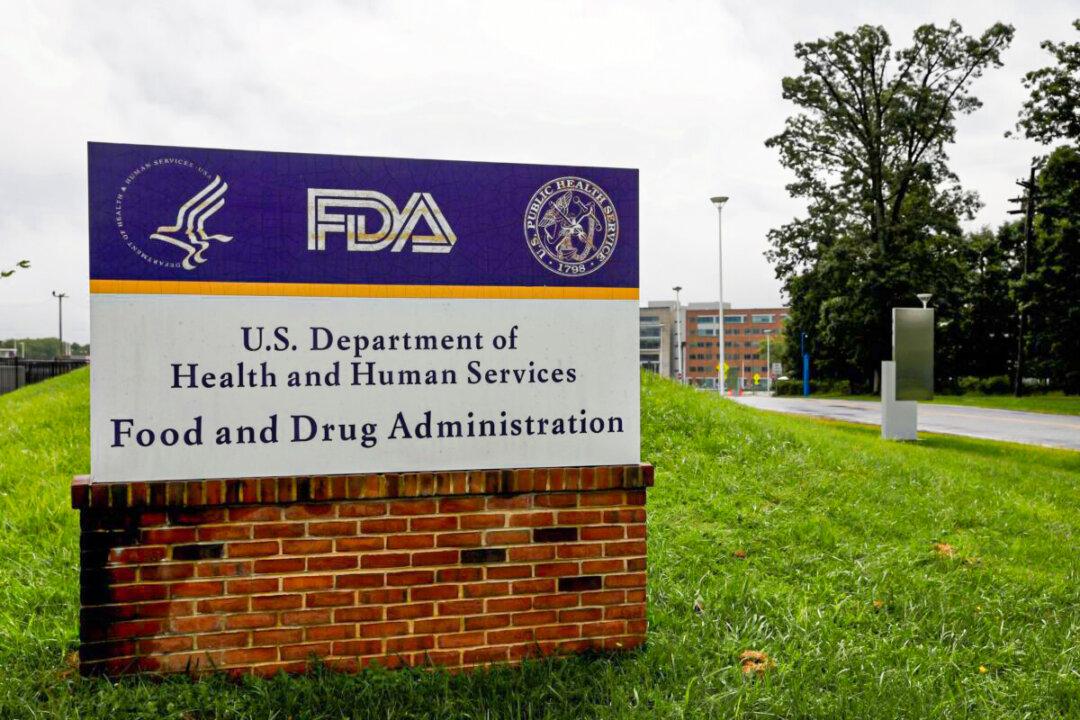The U.S. government on April 5 immediately halted all shipments of a COVID-19 treatment to states and ordered health care providers not to use the drug.
The actions were taken because of the increasing prevalence of BA.2, a subvariant of Omicron, which is a variant of the CCP virus, the virus causes COVID-19.





